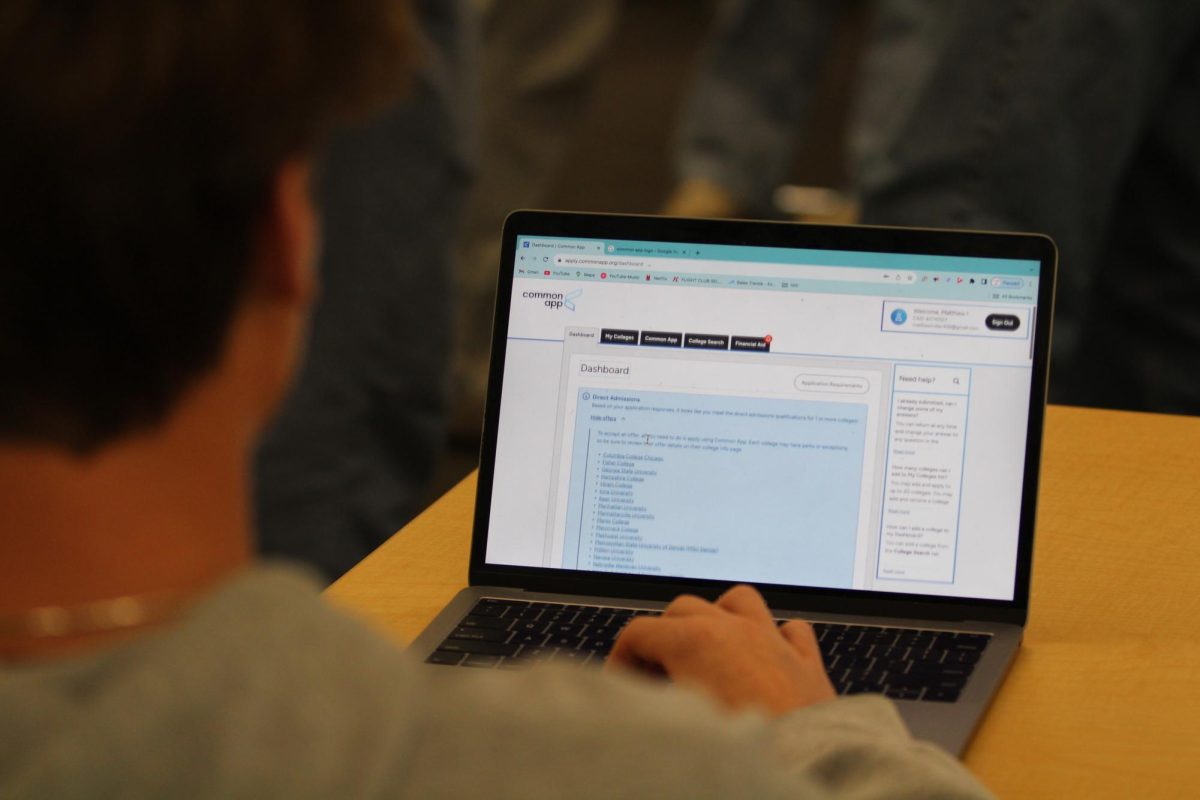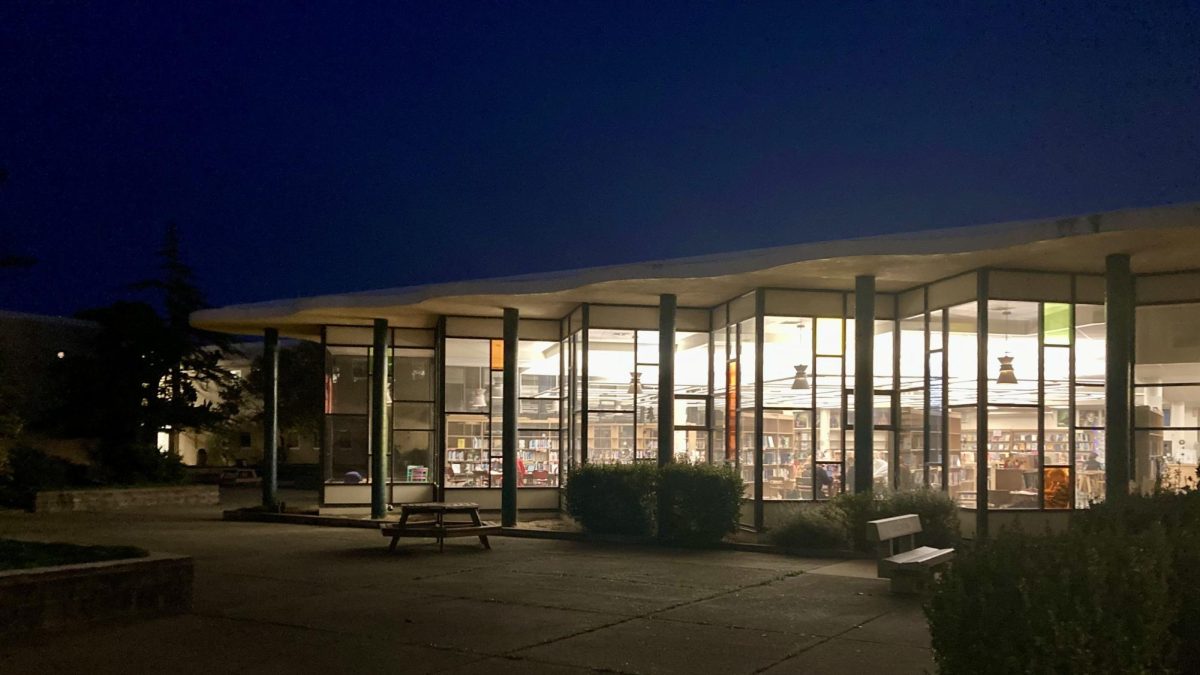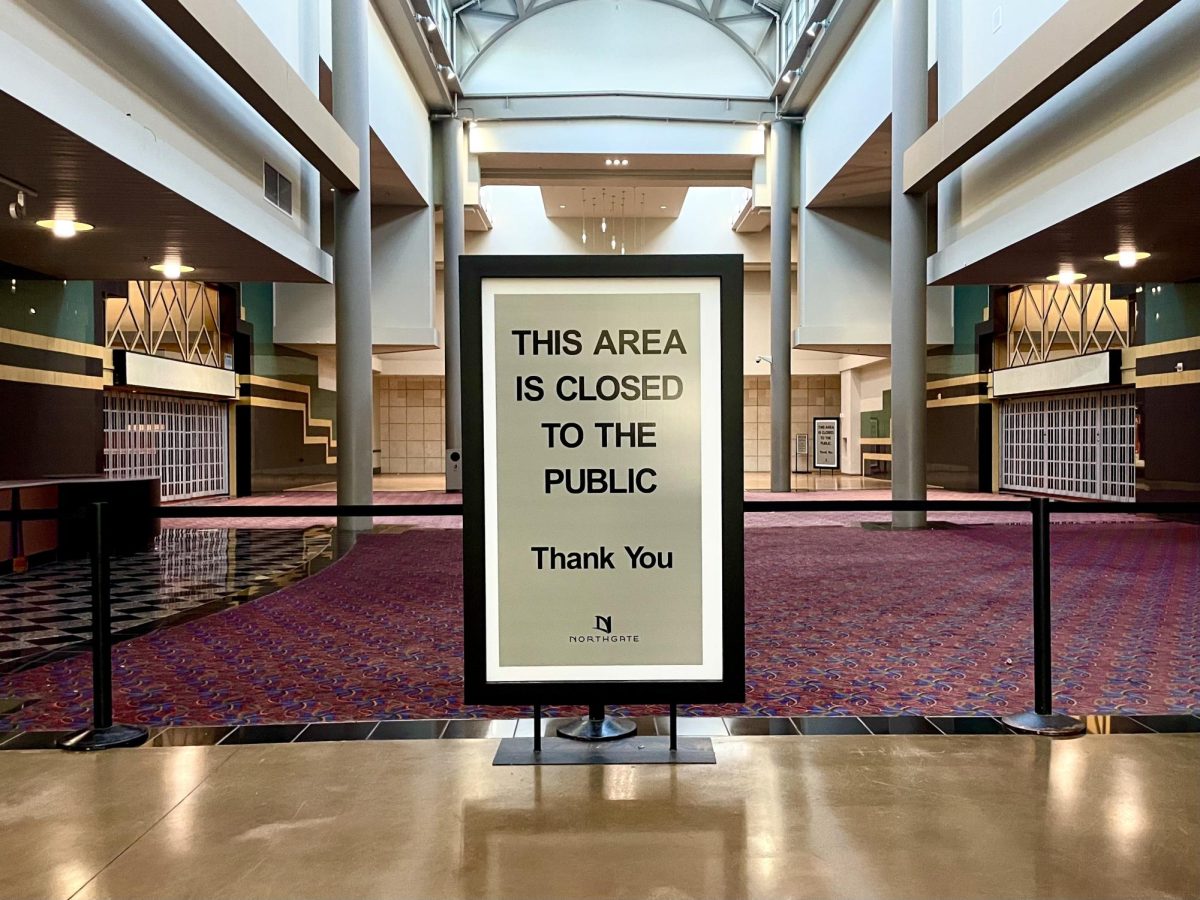Redwood was recently approved by the College Board to pilot a new Advanced Placement (AP) program, AP Capstone, for the 2016-2017 school year, according to Principal David Sondheim.
According to the College Board, AP Capstone is a two year program which consists of two year-long classes, AP Seminar and AP Research. If students obtain at least a three on the AP exams of both courses as well as threes on at least four other AP exams, they will earn the AP Capstone Diploma.
Students in AP Seminar will work with a team to research a topic of their choice, develop a written report, and deliver a presentation, according to the College Board. Students in AP Research will conduct a year-long research project on a topic of their choice, culminating with a 5,000 word paper.

However, according to Sondheim, just because Redwood has been accepted to pilot the program does not mean that it will actually be implemented.
“We will bring a justification or reason for doing this to our teacher leaders and Site Council, and then ultimately we’ll make a decision as to whether to move forward with it or not,” Sondheim said.
Even if the Redwood community agrees that the program should be run at Redwood, there will still be a few obstacles before the program can be officially approved.
“If we decide to move forward, then we would create courses of study for each of the courses, and the School Board would then look at them and ultimately the Board would then approve whether to have the courses or not,” Sondheim said.
According to the College Board, it is up to individual schools to choose whether AP Capstone classes will be run on their own, or combined with other AP classes, such as an AP Environmental Science/AP Research combination that would only take up one class period.
Sondheim says that Redwood has not yet chosen whether AP Seminar and AP Research will be stand-alone courses, or whether they will be combined.
“[Teacher leaders] are putting together a proposal for the rest of the community to see whether the interest is there,” Sondheim said, and he believes that the format of the courses will be decided then.
Sophomore Griffin Ward expressed interest in taking the courses, but also concern over how they would work with his schedule.
“It’d be a cool class, but there are other classes I want to take too,” Ward said. “It’ll depend on how it fits into my schedule.”
Currently, the University of California system has designated the courses in AP Capstone as “g” electives, meaning that they would not fill requirements that the University of California has for any specific subjects.
Ward believes that since the courses only have elective designation, he will prioritize other classes that the University of California system recommends for specific subjects.
However, Ward also thinks that the courses will teach valuable new skills, especially time management, because the assignments in the classes will span the entire year rather than just a few days.
According to Sondheim, the courses will be mainly skill based, rather than content based like many current AP classes such as AP U.S. History.
“It’s really teaching students to think critically, creatively, how to research, how to develop arguments and pose solutions,” Sondheim said.
This difference will be reflected in the course exams as well.
In AP Seminar, the exam will consist of an essay, a team project and presentation, and a written test, according to the College Board. The exam in AP Research will be an academic paper and an oral defense of the paper.
Unlike other AP courses, where exams only cost $92, AP Capstone exams will cost $139, according to the College Board.
Sondheim said that students and parents will start hearing about proposals for AP Capstone in the next few months.





